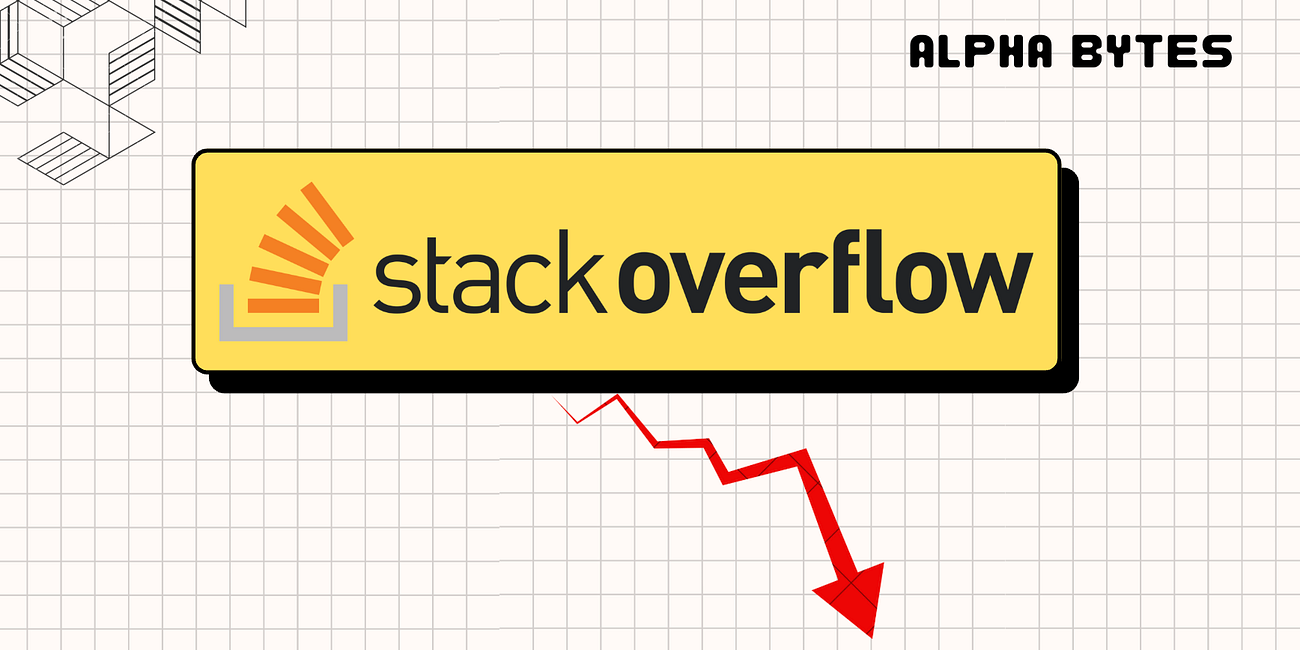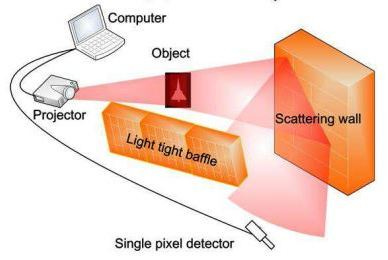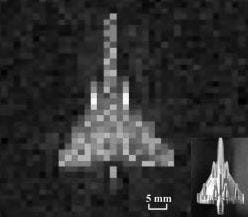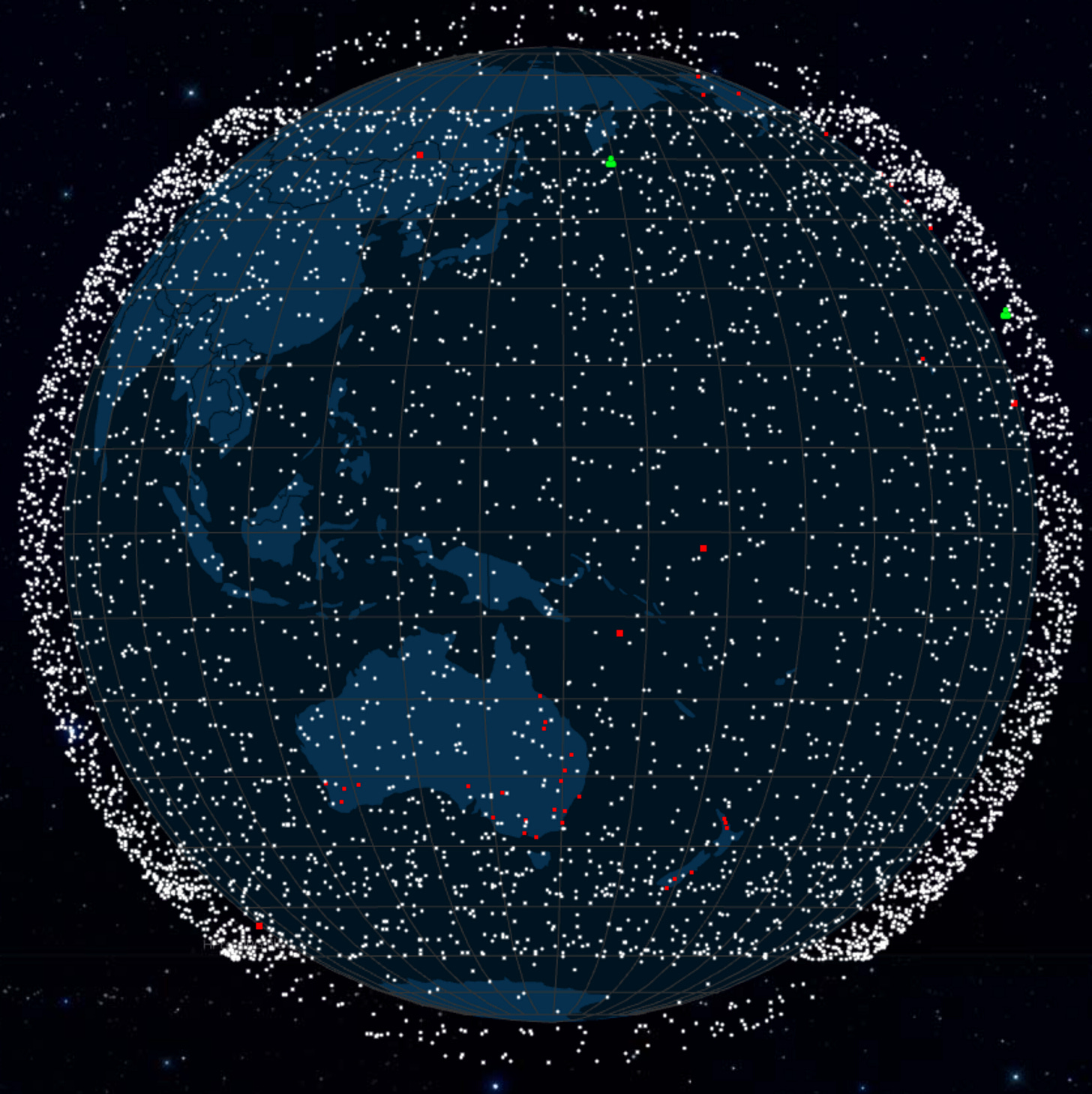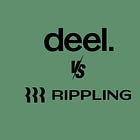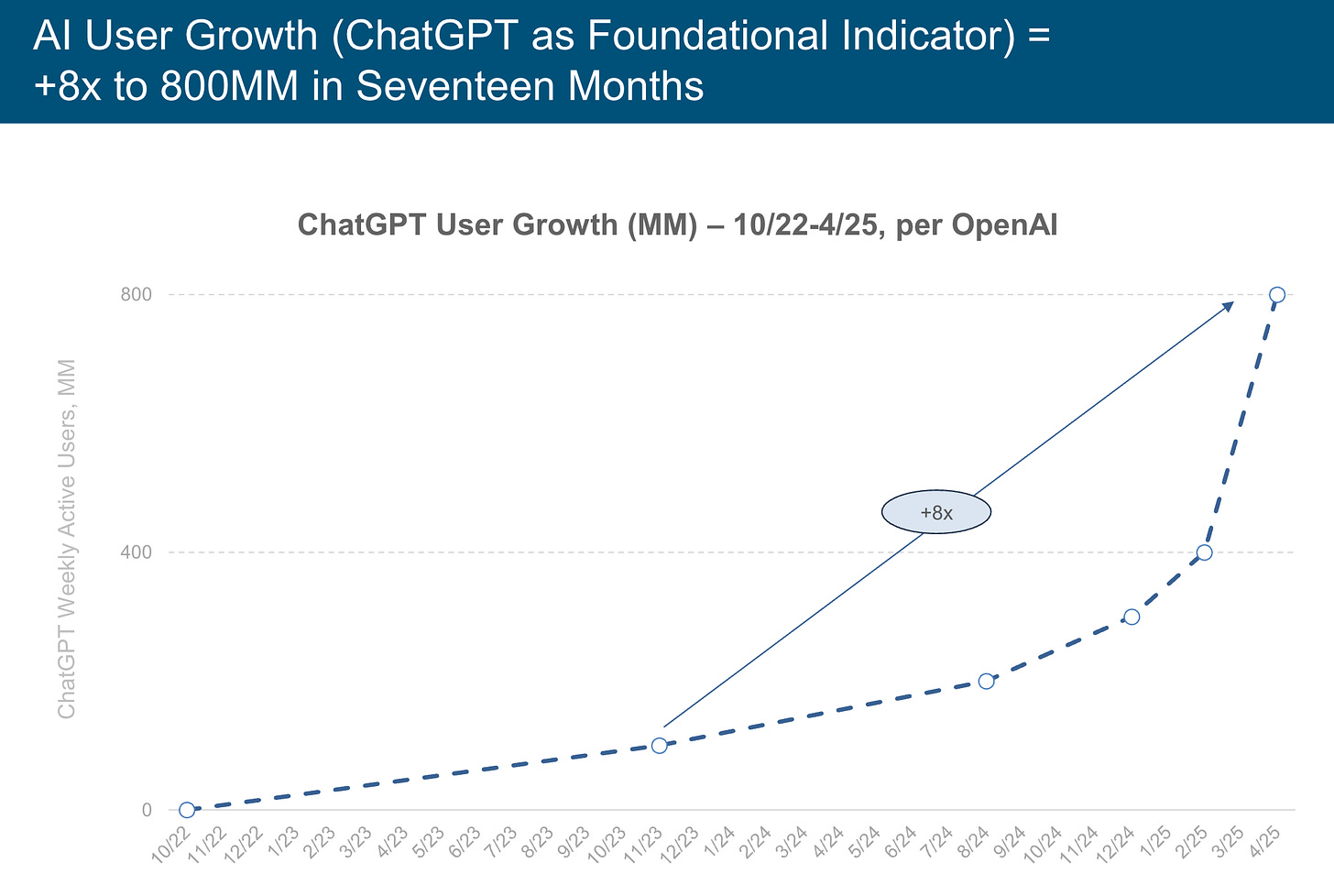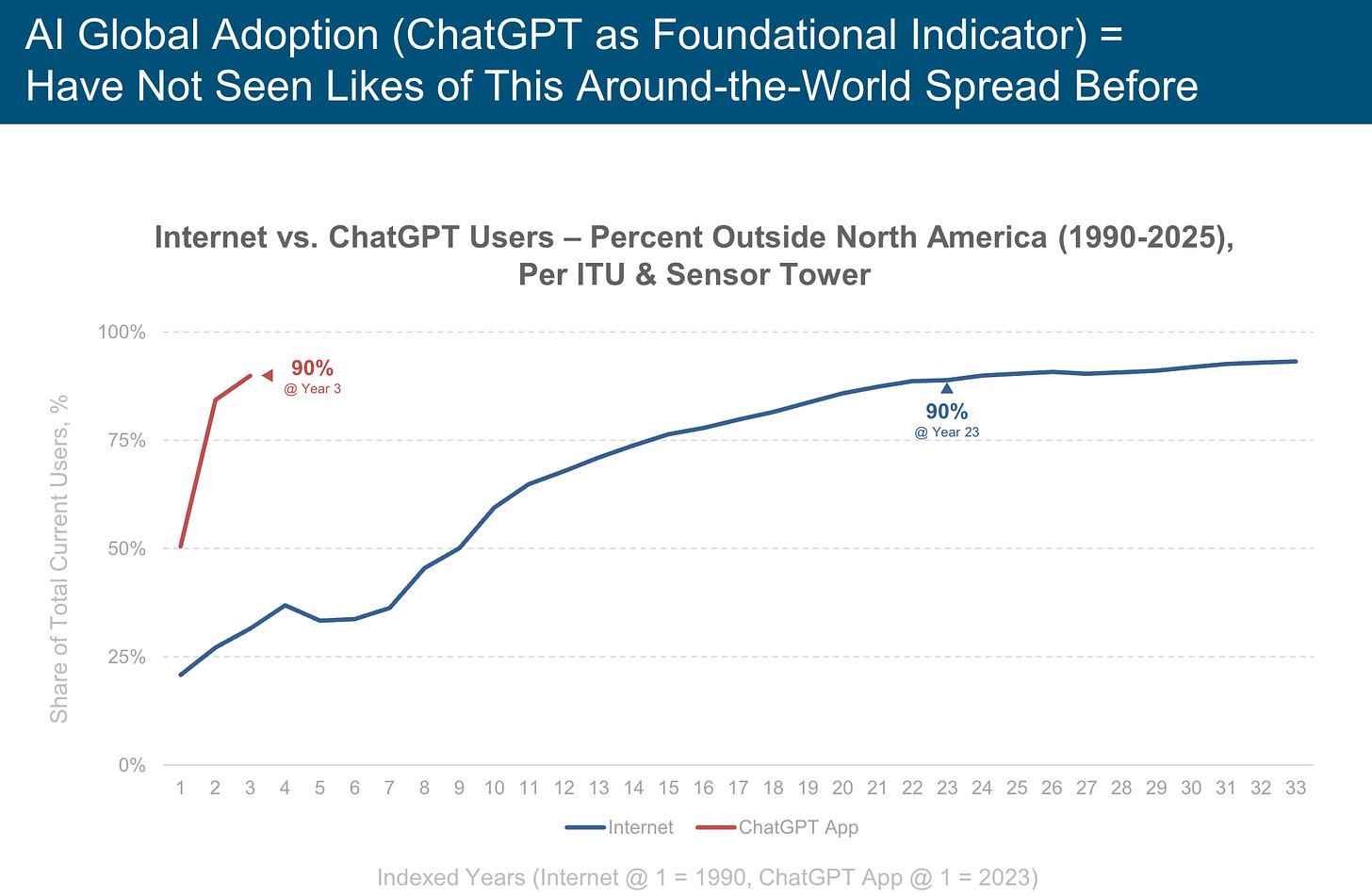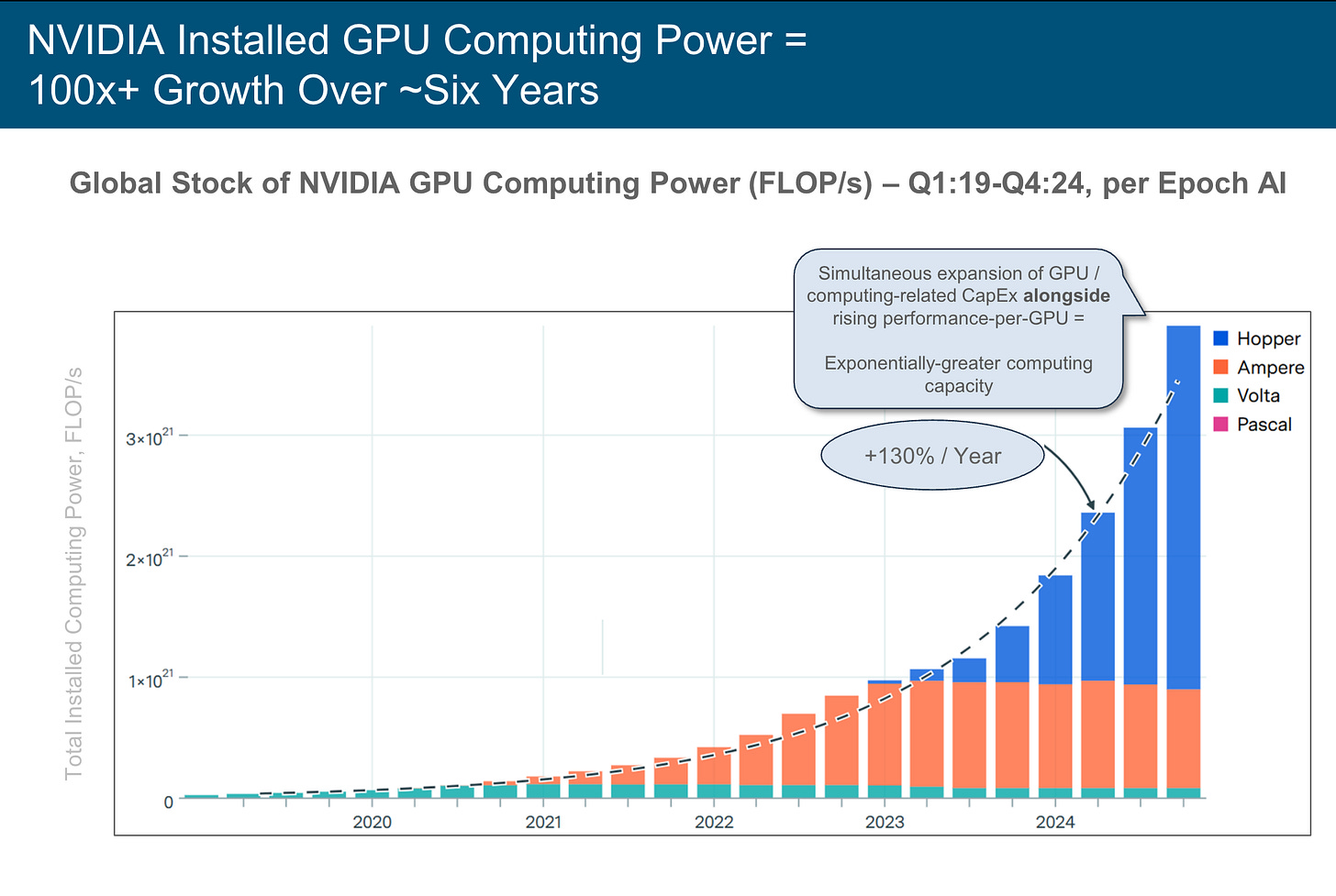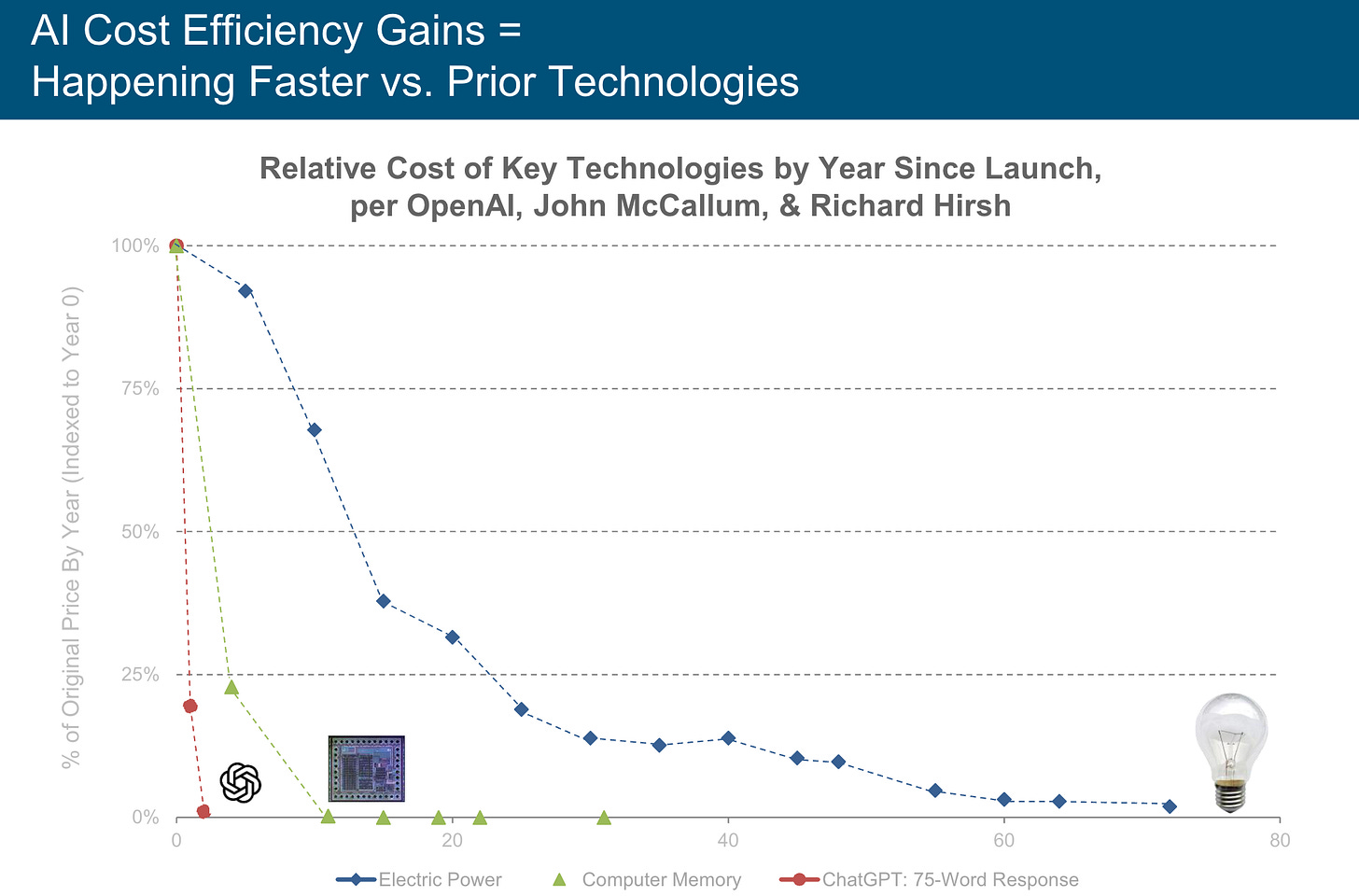TWS #010: Reddit sues Anthropic; Stack Overflow's Decline; Reversible Computing; Starlink Partners with Aussie Telco
and much more...
Welcome to the 42 new folks who subscribed from last week. Join 2,200+ curious minds who, every week, get the latest curated high signals on news, insights, and ideas around technology, science, and business to help you become a better builder, thinker, and leader. You’ll also get an essay or a deep dive every other week. Finally, please fill out our survey so we can deliver the best content to your inbox. Thanks for reading!
Did you know...
Nokia started as a toilet paper maker in 1865 Finland. It first made wood pulp by the Nokianvirta River (get it?), which then turned into paper goods, like toilet paper. By the early 20th century, it joined with Finnish Rubber Works (think boots and tires) and Finnish Cable Works, which made wires for telegraphs. The big shift was in the 1980s when Nokia moved to electronics, putting out the Mobira Senator car phone in 1982. By the 1990s, Nokia was on top in mobile phones with hits like the Nokia 3310 (my first ever phone). It held 30% of the world market by 2000. Using their paper mill past, by being good at building supply chains and new ideas in a tight, profit field, gave skills that led to big wins for them. BUT, its later fights with Apple and Android cleary show the dangers of just staying still and resting on your laurels. Today, Nokia does well in 5G and IoT, but it’s far off from what they could have been…
Here’s this week’s scoop:
Reddit sues Anthropic AI (knew it!)
Heard of reversible computing?
Starlink partners with an Australian telco
Hollywood embraces AI
Mary Meeker’s 340-page AI trends (!)
Let’s dive in.
🔥 Nuggets for the Road
Model Context Protocol: A promising AI integration layer, but not a standard yet. You can read on how MCP works for non-technical folks here. [LINK]
AI and the Rise of Judgment Over Technical Skill — when technical barriers fall, judgment becomes the key differentiator. [LINK]
DeepSeek-R1-0528 is now released — huge improvements across reasoning and inference. Overall performance is now approaching that of frontier models like o3 and Gemini 2.5 Pro 🤯 [LINK]
ChatGPT: H1 2025 Strategy — leaked document on OpenAI’s strategy to build an AI super assistant [LINK]
Veritasium — The physics explaining how an American Football works when thrown (worth a watch!) [YOUTUBE]
📝 Essay: The Decline of Stack Overflow
Why Humans Still Need Humans
A few weeks ago, I came across this interesting chart from the Pragmatic Engineer’s Newsletter on the ‘Monthly questions asked on StackOverflow’.
📡 The Signal
Reversible Computing (Uncomputation?)
This is an interesting concept that leverages the laws of thermodynamics to avoid data deletion, which typically generates heat and wastes energy. You basically run calculations forward in time, store the key results, and then reverse them (a process called uncomputation). Reversible computers minimize energy loss, though they take much longer, doubling computation time in some cases. These systems emit less heat but still produce some due to voltage changes in wires, with slower operations providing greater efficiency. This is particularly useful for AI, where parallel processing aligns well with reversible computing’s strengths. As traditional chips hit physical limits, unable to shrink any further, reversible computing could sustain progress by enhancing energy efficiency. [LINK]
When a computer system deletes information, electrons in the computer’s chips go from known paths to unknown ones. Those discarded electrons are effectively lost, and their energy bleeds off as heat. Landauer proved that this is an inescapable fact: No matter how a computer is built, it must give off a certain minimum amount of heat for each bit of information it deletes….Charles Bennett, a younger colleague of Landauer’s at IBM, argued in 1973 that there was another option. Instead of saving every single scrap of information, you could run each calculation forward, store the result you care about, then run the calculation backward. Bennett’s idea, which he called uncomputation, is a little like if Hansel and Gretel picked up their trail of breadcrumbs on the way back home: The pair are guaranteed not to get lost, and they don’t waste any breadcrumbs. Uncomputation means you are left with only the data you want, and you never lose track of it. Because none of the initial information is deleted, you never lose energy to heat.
Camera That Sees Around Corners
Researchers in China have developed algorithms that transform any wall into a virtual camera, capable of reconstructing hidden scenes by analyzing scattered light waves bouncing off rough surfaces. This allows ordinary cameras to capture images of objects out of direct sight, turning matte walls into mirrors that unscramble light patterns to reveal what lies around corners. Unlike earlier methods requiring specialized equipment or prolonged video capture, this approach uses a single photo and standard digital cameras, making it more practical and cost-effective. The technology leverages the chaotic scattering of light on rough surfaces, using computational techniques to decode these patterns into images. This is what is called Non-Line-of-Sight (NLoS) imaging, which opens doors to applications like autonomous vehicles spotting hidden hazards, search-and-rescue teams navigating obscured environments, or even medical imaging, bypassing invasive procedures. [LINK]
Australian Telco Partners with Starlink
An Australian Telco (Telstra) teams up with SpaceX’s Starlink to roll out text-to-satellite messaging for those living far out in Australia, where wide, open spaces often mean no connection. It uses Starlink’s Low-Earth Orbit (LEO) satellites to let people send texts where Telstra’s cell service, which reaches almost all of Australia’s 3 million square kilometers, can’t go. Now being tested, the service works for customers with the right phones in mainland Australia and Tasmania, as long as they can see the sky. Before this, Telstra brought in home net and voice calls using Starlink, too. They're adding more space tech to their Earth-based network. Unlike the NBN’s Sky Muster, which uses slow, far-off satellites, Starlink’s closer LEO satellites give quicker, faster links, perfect for reaching faraway spots. [LINK]
You can see Starlink’s current constellation map here and their network map here.
Reddit Sues Anthropic
Reddit has sued Anthropic. They say the AI company took its users' content by force to make its Claude chatbot smarter. They did this with no licensing agreement in place. Reddit says that Anthropic's bots got into its servers more than 100,000 times. They used personal info without asking, even though they said they would stop taking data in 2024. Reddit, now with big deals with OpenAI and Google, calls itself a guard of user privacy and a gatekeeper of its valuable conversational data, which is now a treasure trove for training AI because of its true and authentic discussions. As sites like Reddit make money from their data, AI companies are pushed to buy access, not just take it. Reddit's move to ask for paid permits shows a push for data rights, making AI companies rethink their easy access to this data. The lawsuit could make new rules on how created content is seen and kept safe, changing how Large Language Models gets trained. [LINK]
Hollywood Embracing AI
There’s a big change in how Hollywood now works with AI, moving from just looking to fully using it in filmmaking. Big names like Amazon Studios proudly use AI, like Google’s Veo 3 and Adobe’s Firefly, in making movies. These are "clean models" that use okay data and avoid breaking copyright rules. This is big thing, as the movie industry loves to own ideas. AI is now less about making “AI content” and more about making pre-film work like finding spots and planning scenes better, letting movie makers do more with less. Obviously, AI has made this much cheaper and less time spent, as these tools are now too good not to use. The real story is how using AI could change jobs in the business, maybe cutting some jobs like assistant editors, but also creating new opportunities for those who learn new ways. Still, the test will be to keep real human smart ideas at the core of what we show. [LINK]
Deel vs. Rippling: The Story Continues…
In a big twist to the HR tech fight, Deel has put in a new claim in court that Rippling, a top rival, took part in sneaky actions by using one of their workers to act as a Deel client for six months to get into their systems. The claim says that a worker from Rippling, who looks at rivals, took a closer look at Deel and how they do things to get a better sense of how they work with customers. Deel's new claim also hits at Rippling’s boss talking about his past at Zenefits and hinting he may have a score to settle with Andreessen Horowitz, who owns 20% of Deel. The key part is whether courts will see Rippling’s moves, often seen in tough markets, as too far over the line, maybe changing how new firms handle fights. [LINK]
If you want to know more of the backstory, I wrote a deep dive on this:
Mary Meeker’s AI Trends Presentation
I highly encourage you to take a cursory glance at the full 340-page (!) presentation, containing mostly visuals, but do read the comprehensive summary by
to give you a better understanding of the trends. I’m just going to throw out some charts that piqued my interest below — they should speak for themselves. The TLDR on this is that everything is going exponential in both directions. Users, computation power, and energy demand are growing. Costs are falling.🧐 Riddle of the Week
This week’s riddle:
What starts at 20 and turns into 32?
You can reply to this email with your answer. The first one to answer correctly will be mentioned (first name only) in next week’s newsletter. Good luck!
If you liked this, here are a few more popular posts:
🙋🏻♂️ Survey
To build the best newsletter for you all, I’d love to get some feedback. If you have some time, please fill out the following survey.
🤩 Deals, Discounts & Affiliates
You can find carefully selected offers and deals here.
🙏🏼 Connect with Me
Are you new to the newsletter? Subscribe Here
Check out my YouTube channel (and subscribe!)
If you’re a founder, apply here (Metagrove Ventures) for startup funding or contact me directly at barry@metagrove.vc
If you think this could be helpful and informative to others, please share it :)
Thanks for reading, and see you next week!
Barry.






